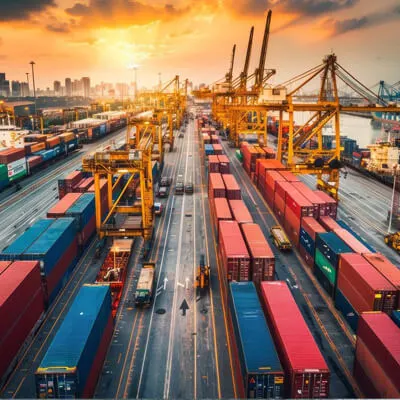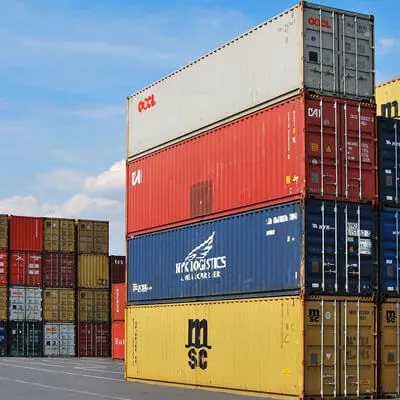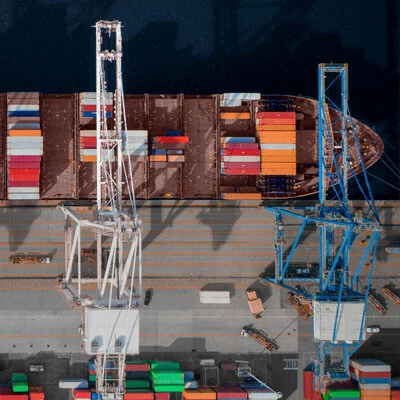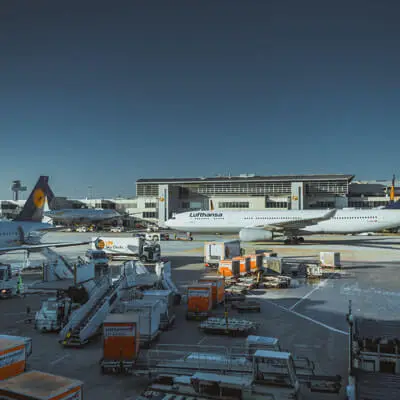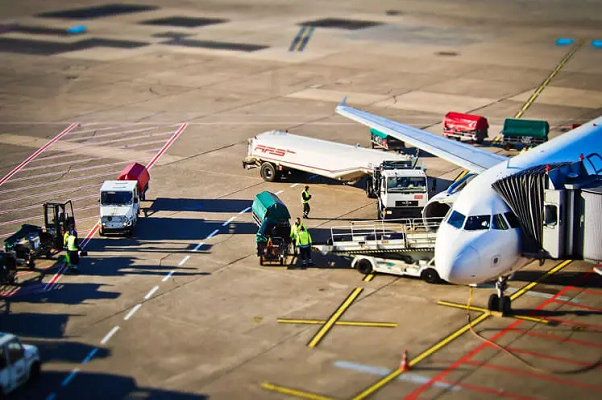+
Incoterms (short for International Commercial Trade Terms) are a set of globally recognized terms established by the International Chamber of Commerce (ICC) that define the responsibilities, costs, and risks between buyers and sellers in international trade. They clearly outline which party is accountable for specific tasks involved in transferring goods from the seller to the buyer. These legally binding agreements are widely accepted and followed worldwide.
The ICC revises Incoterms every 10 years to align with modern trade practices. The most recent update, which includes 11 unique terms, was issued on January 1, 2020.
When conducting international transactions, sellers often use a three-letter abbreviation of an Incoterm to specify the terms of the trade. These terms define who handles tasks like shipping, costs, risks, and logistics for goods transported via sea, air, or land.
Each Incoterm determines responsibilities in these areas:
1.Point of Delivery: Specifies where the goods are transferred from seller to buyer.
2.Transportation Costs: Identifies which party pays for freight (often labeled as "Freight Prepaid" or "Freight Collect").
3.Export and Import Requirements: Clarifies whether the seller or buyer handles customs clearance and related costs.
4.Freight Insurance: In certain terms, insurance is mandatory, and the responsible party is specified.
Here is a summary of the 11 Incoterms:
EXW (Ex Works): The seller prepares the goods and makes them available at their premises. The buyer is responsible for all transportation, export, and import duties.
FCA (Free Carrier): The seller delivers the goods to a specified location within their country, after which the buyer assumes responsibility for freight costs, importing, and delivery.
FAS (Free Alongside Ship): The seller manages export formalities and delivers the goods alongside the vessel. From there, the buyer handles loading and shipping.
FOB (Free On Board): The seller is responsible for loading the goods onto the vessel. The buyer assumes responsibility once the goods are on board, covering freight and import duties.
CFR (Cost and Freight): The seller pays for shipping to the buyer's port, after which the buyer takes over costs like unloading and import duties.
CIF (Cost, Insurance, and Freight): The seller covers shipping and insurance to the buyer’s port, with the buyer responsible for unloading and import processes.
CPT (Carriage Paid To): The seller pays for transportation to a specified destination. Once delivered, the buyer handles the rest of the journey.
CIP (Carriage and Insurance Paid To): Similar to CPT but includes mandatory insurance purchased by the seller for the buyer's benefit.
DAP (Delivered At Place): The seller delivers goods to a specified location. The buyer is responsible for unloading and import duties.
DPU (Delivered at Place Unloaded): The seller delivers and unloads the goods at the buyer’s specified location. The buyer handles import-related costs and customs clearance.
DDP (Delivered Duty Paid): The seller takes care of all delivery costs, including import duties and taxes. The buyer only unloads the shipment.
Using Incoterms helps eliminate confusion in international trade by defining clear roles and responsibilities. They streamline communication, especially when language barriers and cultural differences exist, by providing a standardized framework for understanding key aspects of the trade process.
Although Incoterms are not mandatory, they are highly recommended to avoid disputes or misunderstandings. New importers may benefit from working with a freight forwarder to ensure proper application of these terms.
While Incoterms address many aspects of trade logistics, they do not include certain details. For example, they:
Do not specify payment terms or protect buyers from defective or fraudulent goods.
Do not act as a guarantee for the quality of goods.
Only outline responsibilities for transportation and delivery processes, not broader contractual obligations.
Do not automatically cover cargo damage, loss, or theft unless explicitly stated (e.g., CIF or CIP).
Certain Incoterms apply to all modes of transport (land, sea, air), while others are limited to waterway shipments.
EXW, FCA, CPT, CIP, DAP, DPU, DDP
FAS, FOB, CFR, CIF
Freight Collect: The buyer is responsible for all freight costs, as defined by EXW, FCA, FAS, or FOB.
Freight Prepaid: The seller covers freight costs, applicable under CFR, CIF, CPT, CIP, DAP, DPU, and DDP.
CIF: The seller must purchase insurance with minimum coverage under the Institute Cargo Clause (C).
CIP: The seller must provide insurance with a higher minimum coverage under the Institute Cargo Clause (A).
Buyers and sellers negotiate the most suitable Incoterm for their transaction based on preferences and logistical needs. For it to be valid, the agreed term should be documented in the purchase agreement or sales contract.
If shipment plans change (e.g., switching from sea to air), the Incoterm may need to be revised. Clear communication between both parties is essential to ensure smooth transactions.
The ICC regularly updates Incoterms, and resources are available to help businesses understand and implement them effectively. For more details, consult the ICC website or download comprehensive guides like the “Complete Shipper’s Guide to Incoterms.”
Understanding and correctly using Incoterms is key to minimizing risks and ensuring smooth international trade operations.

